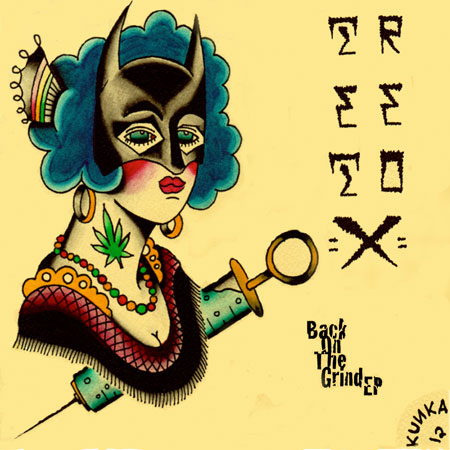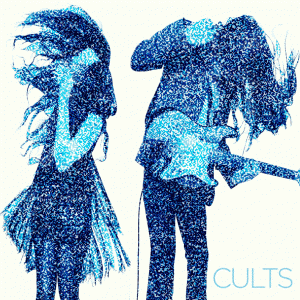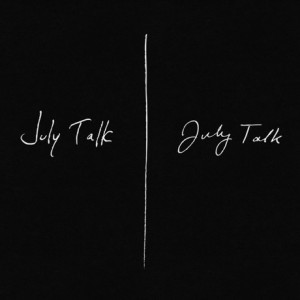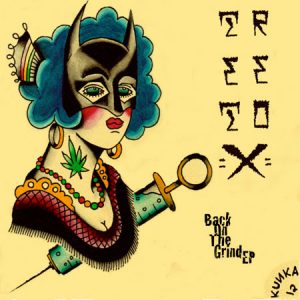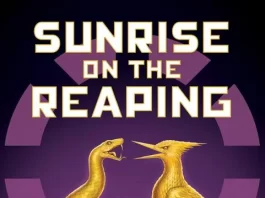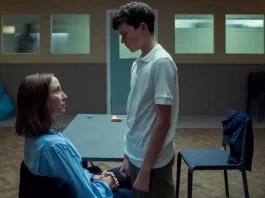Best Coast
Fade Away
Despite its 28-minute runtime, Fade Away is far and away the most significant step forward in Bethany Cosentino’s musical evolution. While last year’s sophomore release The Only Place managed to clean up the band’s fuzzy production, Cosentino’s straightforward and sometimes aimless lyrics made her appear uncertain and fragile. However, Fade Away finds the singer-songwriter with a renewed confidence in her music and introspection in her lyrics, demonstrating Cosentino’s maturation as an artist. Although she occasionally pens one-dimensional lyrics like, “The rain it falls down / Down onto the ground,” throughout Fade Away Bethany’s spirit consistently matches her lyrical ambition. This change is most noticeable on tracks like “I Don’t Know How,” as she muses, “Born so young / Feel so old / I’ve been through the summer / Stuck around for the cold.” “I Wanna Know” goes, “It’s alarming how charming you can be / And though I know it’s wrong I’ve done it all along / But now it’s time to say / Baby goodbye.” By contemplating failed relationships, and questioning what her experiences have taught her in life, Cosentino has finally begun to shape an identity that goes beyond her musical template. And for the countless critics who bemoan Best Coast’s repetitive musical choices, Cosentino has a response on the album’s title track: “I won’t change, I’ll stay the same.” Fine by me, Bethany. Fine by me.
Cults
Static
Two albums in, Cults has proved itself to be an average band, but perfectly so. Where other appointed genre cousins focus on lyrical obscurity or painfully disaffected chord monotony, Madeline Follin and Brian Oblivion work from pop hooks out, ensuring their songs are never without an underlying catch, even if Follin’s always partially drowned mezzo soprano can’t always save the duo’s mostly simplistic rhymes. Static does away with the fanatic speech-samples gimmick and most of the xylophone tones of their debut, instead supplying radio channel-switches and fuzz to chart a breakdown, though it’s hardly gloomy stuff. “I Can Hardly Make You Mine” has the band playing the part of a straight-edged rock group, while “High Road” opens slightly atonal, but never as a sacrifice to the tunefulness that is their main aim. The lost TV dream that guides Static isn’t despair, but theme-song melancholy – confusion captured, rather than spilling out into a setlist. This allows for swinging “feet on the ground” statements like “Keep Your Head Up” and other easily clarified deflections, counters to hollowed-out feelings through the power of a well programmed drumbeat. With Cults, this is basically the point – “No Hope,” which switches up the foreground of a wailing guitar solo with Follin’s maxims, is solid but complacent: not devastation, but a stop-gap.
July Talk
July Talk
(extended version)
July Talk has released a new, fuller version of last year’s self-titled album. There are four new songs, and a new track listing. Everyone today seems to be an indie rock band. Thankfully, July Talk is not the shoe-gazer type. Instead, it has plenty of pure rock and roll in the mainline. Every critic from here to Montreal is saying July Talk’s release sounds like Tom Waits, maybe an angry Leonard Cohen. But I think July Talk is a new, gruffer version of Johnny Cash and June Carter. The frontline of the band are singers Peter Dreimanis and Leah Fay, who exchange parts like switchblades. Leah’s voice isn’t as cute as it is sassy and smart; Peter pounds the lyrical railroad ties right on the downbeat. These alt rockers are not some rip-off of the american status quo: no cock-rock alternative radio drivel. July Talk rolls with the bold and rides heavy with smoke-stained control. Tracks like “Black Lace” and “Summer Dress” go best with a neat bourbon and pack of Du Maurier cigarettes. We’re not supposed to drink and smoke while listening to records, but this one gives you a good excuse. The album sounds like The Heavy playing a wedding reception for Amy Mann and Joe Cocker at a downtown Toronto club. Put this album on iTunes. Repeat.
#TreeTox
Back on the Grind
This EP opens with the background sounds of a riot and voices in the background: “I’m speechless! This is fucking legit!” one says. “It was bound to happen!” another replies. It’s unsurprising (but still cool) when it becomes clear that the opening track is commentary on the Vancouver riots – #TreeTox, after all, hails from the West Coast. After a promising opening, I was sad to see the content devolve into the perfunctory sexual bragging and references to “gettin’ fucked up,” which is made worse by ever-present cheesy synth. However, this matches the cheesiness of the rappers themselves: their redeeming feature is the impression that they don’t take themselves too seriously. The fifth track, “Drink Break,” is wordless except for the repeated chant of “Drink! Drink! Drink! Drink!” and the cheesy synths take a minor role in favour of bass, kickdrum, and piano, surprisingly combining into something catchy I could see playing in a Friday night bar. The final track, “Christmas Trees,” however, gets out of the gate with the cheesiest synth imaginable and—get this—jingle bells. My suggestion: stick with “Starewell” and “Drink Break” and forget the rest of the album exists. There are some redeeming qualities in Back on the Grind, but I spent a fair amount of the album shaking my head and wondering why the rappers didn’t run with them further.

